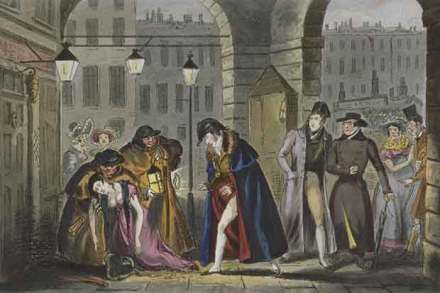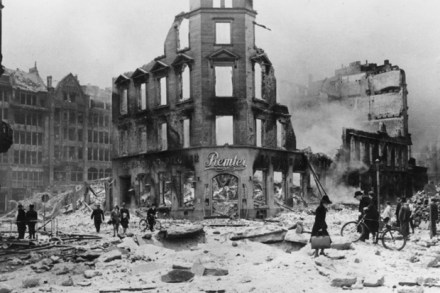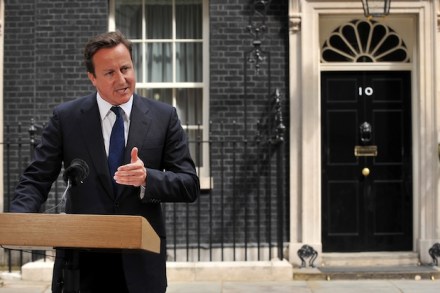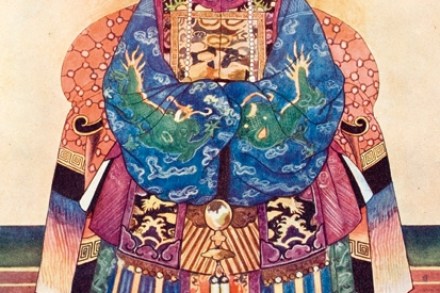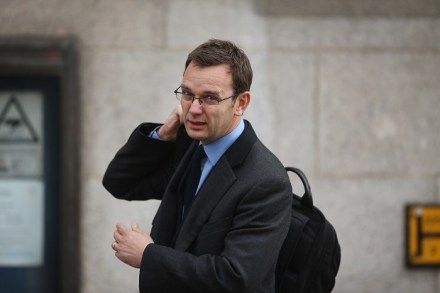Portobello’s market mustn’t be allowed to close
After reading Portobello Voices, I feel more strongly than ever that the unique Portobello market mustn’t be allowed to close. It gets over a million visitors a year and is one of London’s most frequented sites. Blanche Girouard interviewed a cross-section of people involved with the market and has written up their recorded interviews verbatim, using their own voices. This has the effect of making the market feel very immediate and alive. And what a rich cross-section is here. There are antique dealers and the costermongers who have passed down their stalls from generation to generation; there are the obsessive collectors, who think that there are more bargains to be






